I’m only halfway through, but the thrusts of the book ring bells with anyone who spends time around young people. He argues that smartphone use (I have my own two on my desk as I write) has rewired children’s brains since 2010 and that we have moved – globally, but especially in rich countries where children get smartphones young – from play-based to phone-based childhood. He believes that the parallel steep rise in anxiety and depression among young people, especially girls, is caused by all-pervasive social media to which girls devote 8-10 hours every day. For boys, the risks seem different: isolation caused by excessive gaming where a community of live friends has been replaced by online friends, and of course the ghastly risk of endless pornography and dangerous role models. All of which, for boys and girls, is exacerbated by the sleep deprivation caused by smartphones.
What to do? Haidt’s proposals begin with enforcing the laws we already have about children and social media, therefore not allowing profit-makers to rewire children’s brains. As I say, I’m only halfway through and this is a paraphrase. There are other views. What will we do at Tallis? We’ll think, and then act.
One of the most troubling aspects of social media, to which Haidt may well turn in the rest of the book, is its bizarre effect on freedom of speech. You’d imagine, wouldn’t you, that unlimited access to all the knowledge and all the opinions in the world would spread openness and informed judgement – and yet we find ourselves at the other end, beset by tribalism and blinkered thinking. So many children believe they have to plump for one side so schools have to work against this. Teachers have to plonk themselves on the threshold of freedom of expression to prevent the door from closing.
Why? Because good learning requires information of all kinds, open discourse, free expression and the willingness to discuss any problem that presents itself. Education is not designed for comfort but for thinking, to fortify courage and empower the learner to deal with complexity, to became an informed and active citizen. Free speech can be hard to hear so it’s tempting to call for some speakers to be silenced, or banned – cancelled, as we say.
Don’t get me wrong. I’m not advocating for demagogues and rabble-rousers. Citizens have the right to be safe and treated fairly. But there must be a forum for reasoned debate even with people whose ideas are – to the liberal mind – intolerable. People with harmful opinions have to be refuted, word by word, put right and even pursued by the law. Its what civilisation requires. It’s certainly what universities are for. It’s also what schools should do.
Tallis expects young people to learn to be open-minded: inquisitive, collaborative, fair and respectful. At the same time, they are young people who should want to change the world for the better and might be justifiably frustrated at the time that older generations take to sort stuff out. They are inclined to be revolutionary. That fervour needs to be focused on what will make the world better and more inclusive, not on what will make it worse and more bigoted.
We love an election at Tallis and will throw ourselves into the national frenzy. Education groups are already making their pitches: the social mobility charity The Sutton Trust emailed earlier today. Their General Election wants are:
- High quality early years education for all
- A national strategy to close the attainment gap
- A more progressive higher education funding system
- Education funding at a level that demonstrates children matter and which allows schools to give teachers time to think, collaborate, plan and develop
- Funding for health, social care, police and justice so that schools don’t have to try to do everything and that every citizen is protected
- A return to civility and truth in national discourse
I’ve just been with the Sixth Form Thinking Aloud group. These good folk tussle with hearty questions and like to be made to think. I presented them with Archbishop Welby’s conundrum about Christianity and sexuality in global Anglicanism. Can he save the communion? What should he do? It’s a super-wicked problem if ever there was: every action taken to solve it seems to make it worse.
In the end, scripture, tradition, politics and national laws notwithstanding, the young people were optimistic that the positive inclusive messages they read and they post on social media would work this out. Old people will die, and their exclusive conservative views with them. Religions will survive or perish but young people will uphold inclusivity.
It’s a different argument to Haidt’s. What did the old person in the room think? I fear, but I hope.
CR
23.5.24



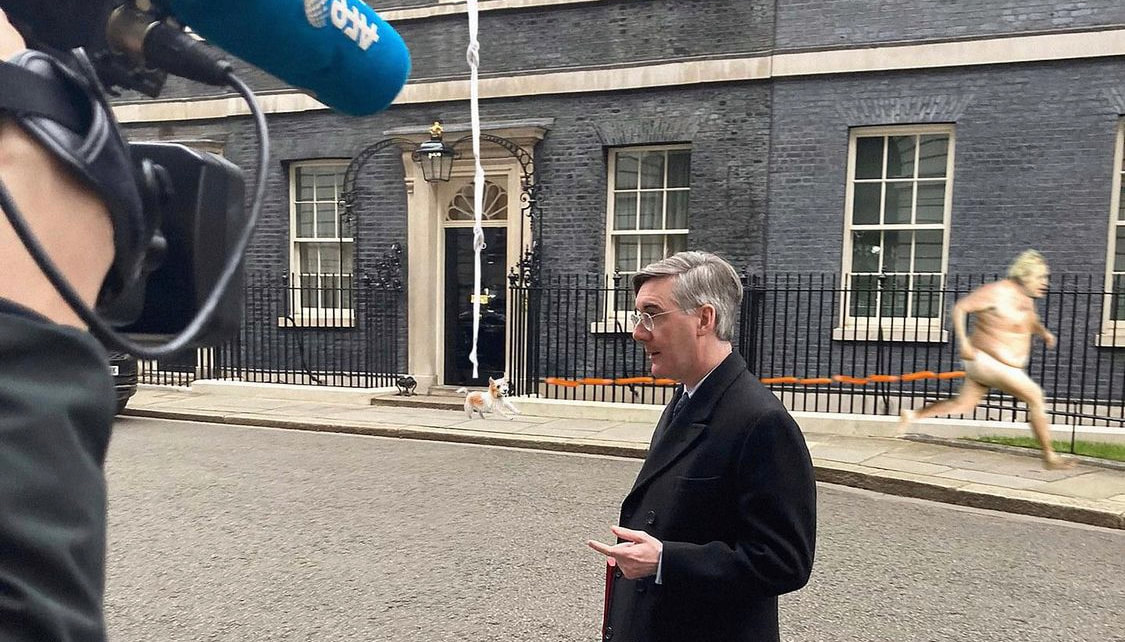
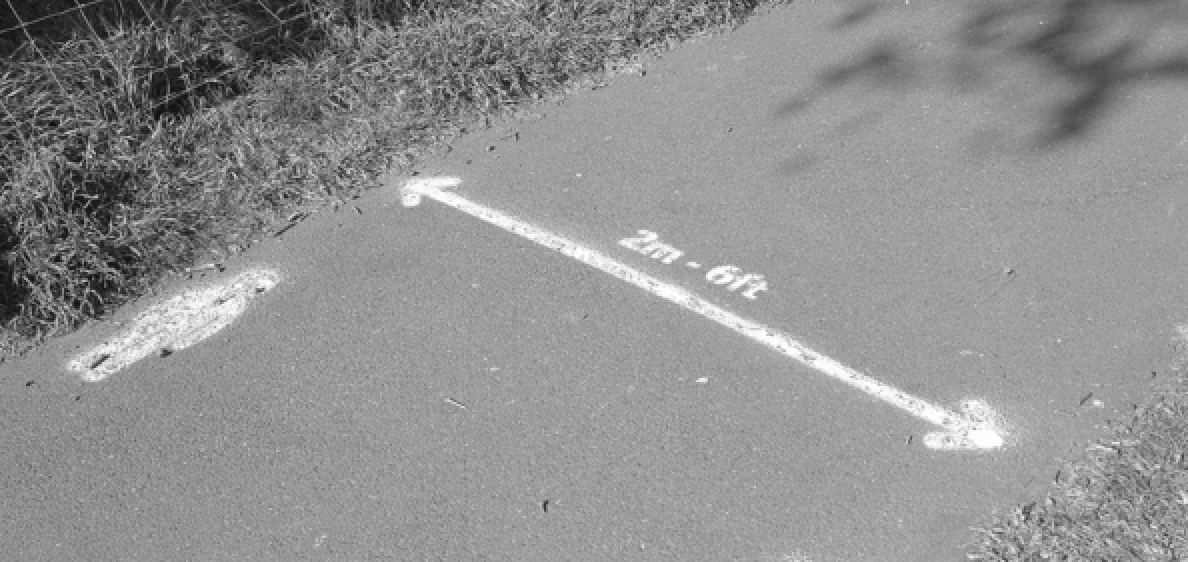

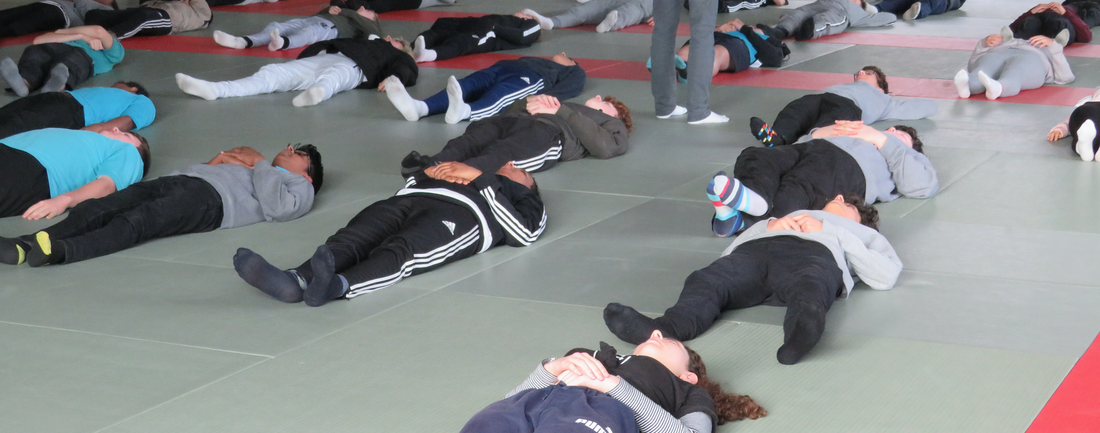

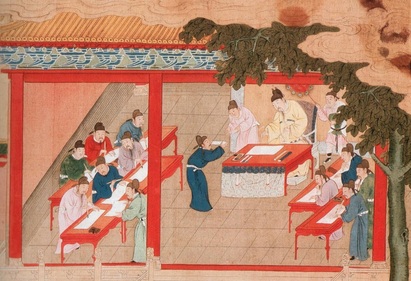
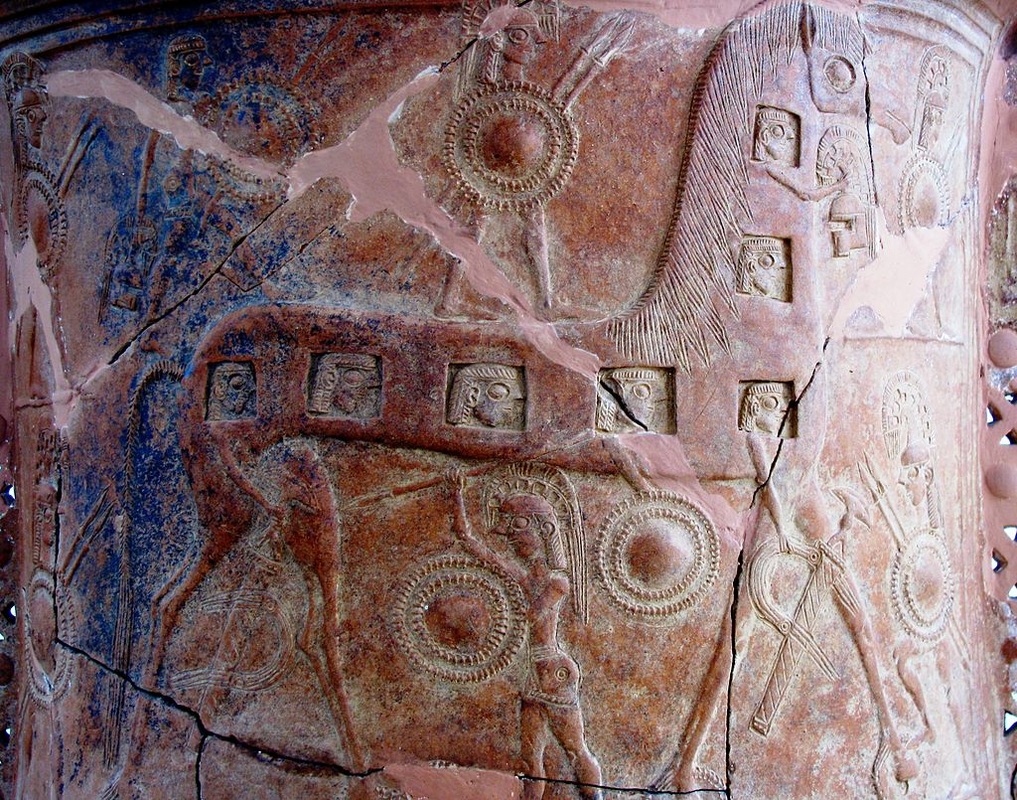

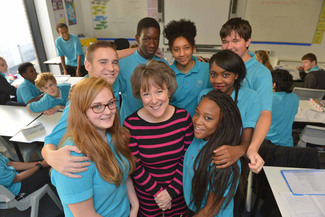
 RSS Feed
RSS Feed